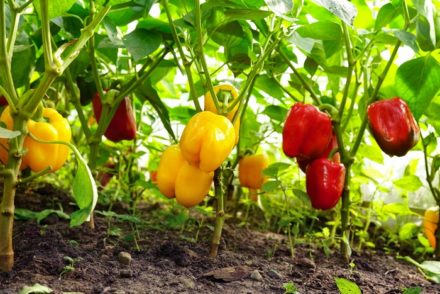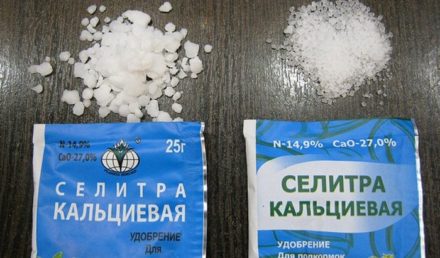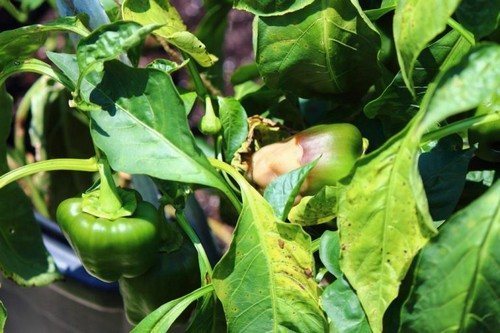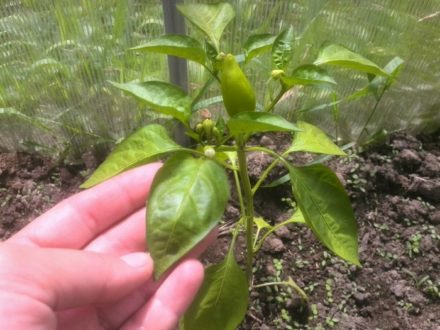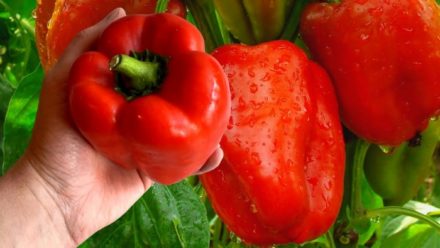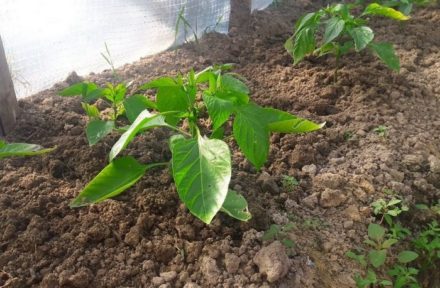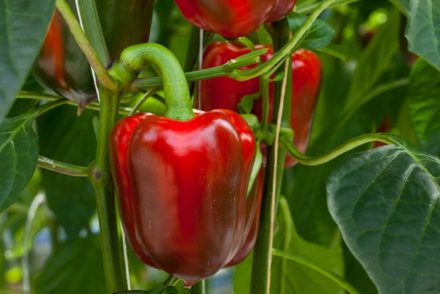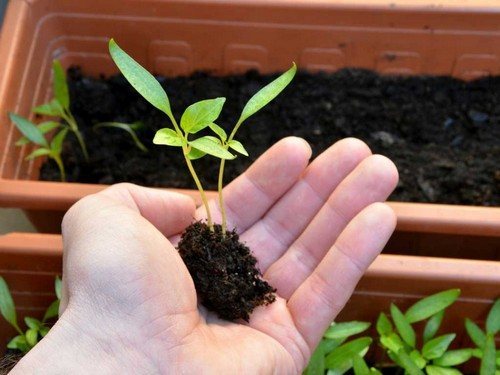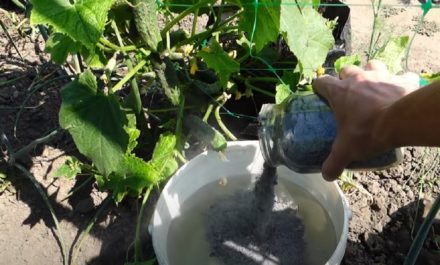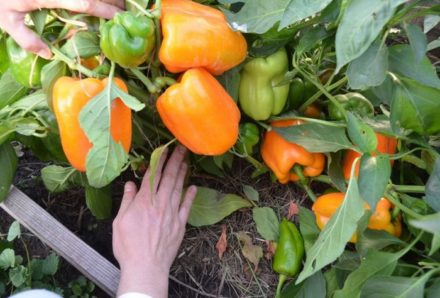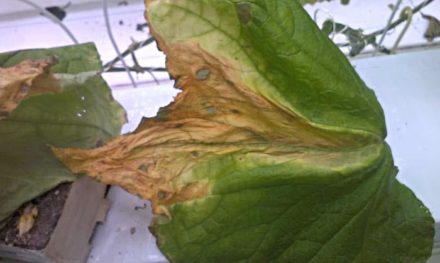Each stage of pepper development should have its own fertilizers. At first, the bush needs nitrogen for the active formation of shoots and leaves. Closer to flowering, you need to increase the supply of potassium and phosphorus. At the fruiting stage, it is important that the fruits turn out sweet, thick-walled, large and ripen faster. If this process is successful on its own, human intervention is not needed. The crop is fed only when the fruits are in no hurry to fill. Substances peppers need during the fruiting stage
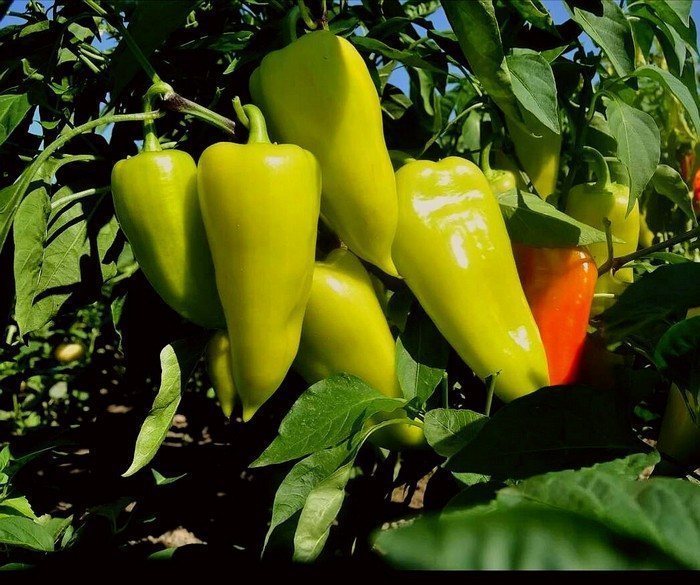
In July, when the fruits begin to fill out, the crop does not need organic matter at all. Feeding with bird droppings and manure is excluded. These organic fertilizers are rich in nitrogen and can provoke the growth of unnecessary green mass, while the plant should give all its strength to the fruits. During the period of active fruiting, it is necessary to add the following under the pepper:
- potassium;
- calcium;
magnesium.
Large-fruited pepper: 5 varieties worth paying attention to
Thanks to potassium, the fruits acquire a large size and form thick walls. Potassium feeding improves the taste of pepper, making it sweeter. Calcium prevents the appearance of apical rot. By July, the soil is depleted and many elements in it may be lacking.
Plants also need magnesium. With a deficiency of this element, interveinal chlorosis occurs. Magnesium has a positive effect on the taste of sweet peppers.3 recipes for natural fertilizers for peppers to speed up the fruiting process
Skip to content
- Wash
- Ironing
- Stains
- Cleaning
- Things
Pests
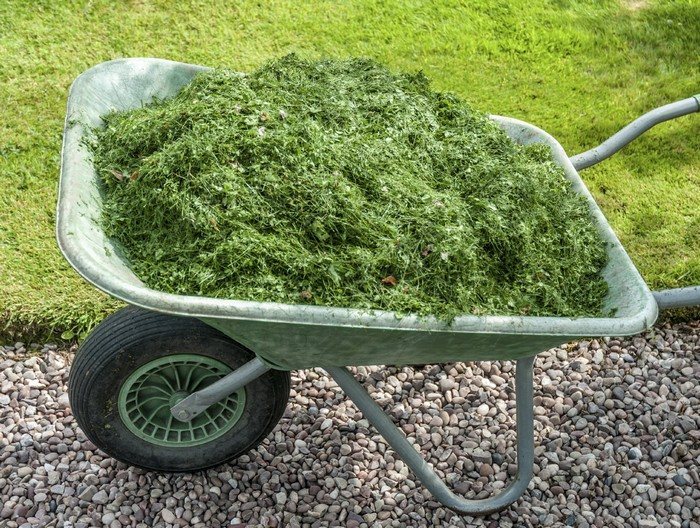
Storage
Dishes
Interior
- Garden
- Adviсe
- 3 recipes for natural fertilizers for peppers to speed up the fruiting process
Each stage of development of peppers must have its own feeding. Initially, the bush needs nitrogen for the active formation of shoots and leaves. Closer to flowering, you need to increase the supply of potassium and phosphorus. At the fruiting stage, it is important that the fruits are sweet, thick-walled, large and ripen faster. If this process is successful on its own, human intervention is not necessary. The crop is fed only when the fruits are in no hurry to ripen.
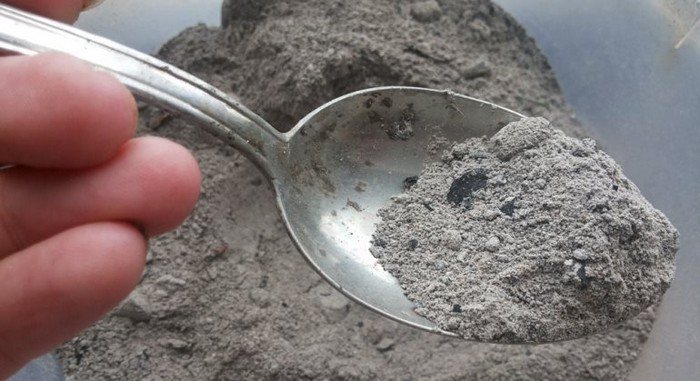
In July, when the fruits begin to fill, the crop does not need organic matter at all. Fertilizing with bird droppings and manure is excluded. These organic fertilizers are rich in nitrogen and can provoke the growth of unnecessary green mass, while the plant should be devoting all its strength to the fruits. During the period of active fruiting, the following must be added to the pepper:
potassium;
- calcium;
- magnesium.
- Large-fruited peppers: 5 varieties worth paying attention to
- Thanks to potassium, the fruits become large in size and form thick walls. Potassium supplementation improves the taste of peppers, making them sweeter. Calcium prevents the appearance of blossom end rot. By July, the soil is depleted and many elements may be missing.
- Plants also need magnesium. With a deficiency of this element, interveinal chlorosis occurs. Magnesium has a positive effect on the taste of sweet peppers.Plants also need microelements for all vital processes to proceed as they should.
- Recipes for natural food for peppers in July
The advantage of natural compounds is their safety, effectiveness, and availability. In order for the pepper fruits to fill well, fertilizing is carried out in July, each of which is aimed at developing the fruits and improving their quality.
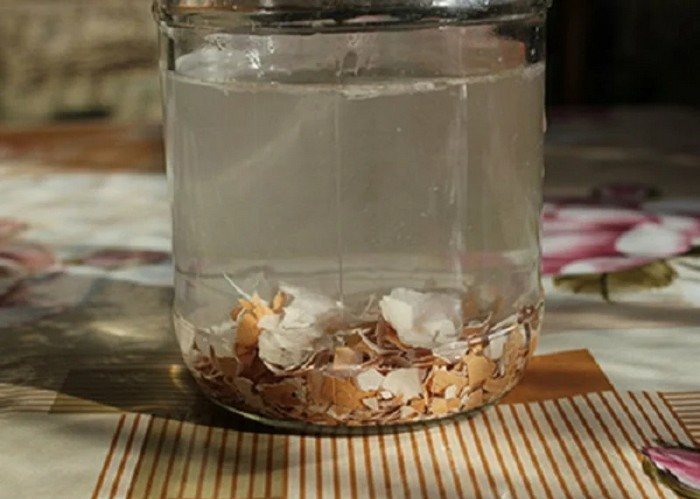
Green manure


